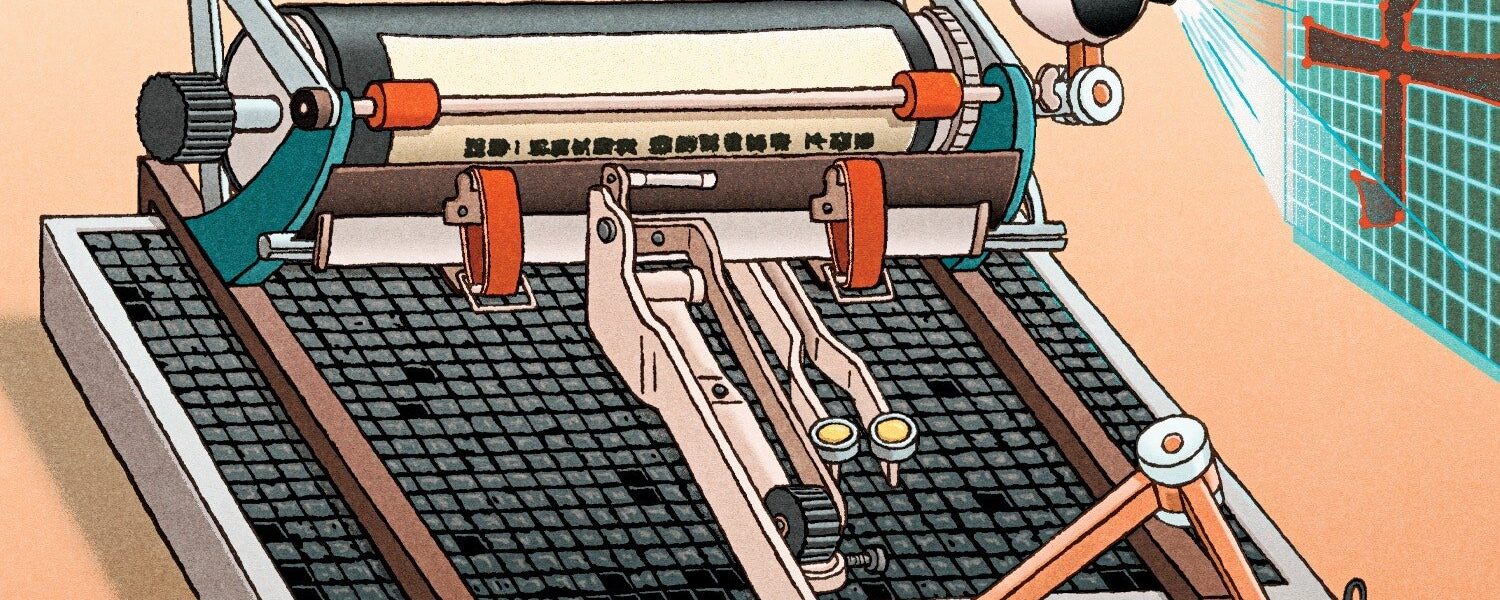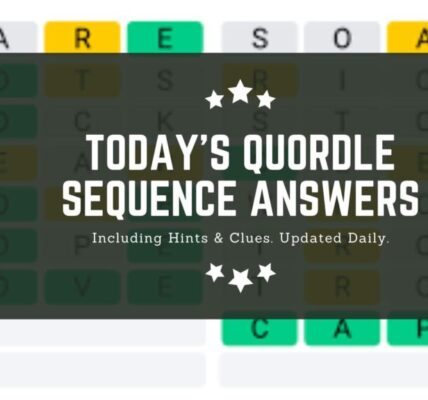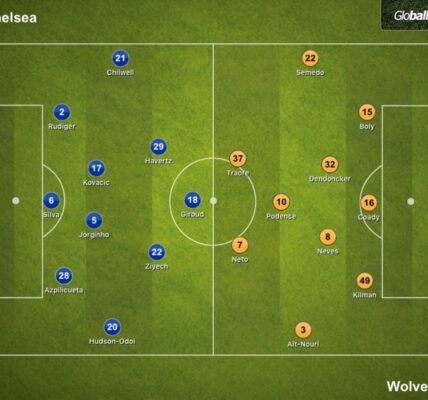Feeling unsettled at work or in relationships often hints at deeper issues. In crossword puzzles, one might look for “early signs of dissatisfaction crossword clue” to find answers like “discontent” or “unease.” These clues mirror the emotions many experience but struggle to articulate.
Understanding these signs can help you address them proactively. Whether it’s a nagging feeling at the back of your mind or a lack of enthusiasm, recognizing these early indicators can pave the way for meaningful change. Stay with us as we explore the nuances of dissatisfaction and how to navigate through them.
“`html
Early Signs of Dissatisfaction Crossword Clue
Crossword puzzles are a delightful mix of challenge and discovery. They test our vocabulary and knowledge, and sometimes they make us think about things we might not usually consider. One intriguing clue that can pop up is “early signs of dissatisfaction.” This clue can relate to a range of feelings and expressions. In this article, we will explore the meaning behind this crossword clue, possible answers, and how recognizing early signs of dissatisfaction can be helpful not just in puzzles but also in our daily lives.
Understanding the Clue
The phrase “early signs of dissatisfaction” might make you think about feelings of unhappiness or discontent. When we encounter this clue in a crossword, it can lead us to words that represent these feelings. But first, let’s break down what dissatisfaction means. It’s a feeling you get when things aren’t quite right. It can happen at work, in relationships, or even when doing things we enjoy. Recognizing these feelings early can help us address them before they grow into bigger problems.
Common Answers to the Crossword Clue
When you see the clue “early signs of dissatisfaction,” several words might come to mind. Here are some common answers that crossword enthusiasts often use:
- Discontent: A general feeling of dissatisfaction with one’s circumstances.
- Unrest: A state of dissatisfaction that can lead to agitation or trouble.
- Grumble: To complain or express dissatisfaction quietly.
- Moan: A sound or expression of dissatisfaction or discomfort.
- Sigh: A deep breath expressing disappointment or weariness.
These words capture different aspects of dissatisfaction and can help you fill in that crossword grid!
The Importance of Recognizing Early Signs
Spotting early signs of dissatisfaction can be very important. Whether it’s in personal relationships, at work, or in everyday situations, early recognition allows for timely action. Let’s look at some reasons why this is crucial:
- Prevention of Larger Issues: Addressing dissatisfaction early can prevent it from escalating into bigger problems, like conflicts or burnout.
- Improved Communication: When we openly express our feelings, it encourages better communication and understanding among people.
- Enhancement of Well-Being: Recognizing and addressing dissatisfaction contributes to emotional and mental well-being. It allows individuals to feel more in control of their lives.
Identifying Early Signs of Dissatisfaction
Knowing what to look for in yourself and others can help you spot dissatisfaction before it becomes a bigger issue. Here are some common early signs:
Changes in Behavior
When someone is dissatisfied, they might start acting differently. This could include:
- Withdrawal from social activities or friends.
- Increased irritability or frustration over small things.
- Changes in work performance or interest.
Physical Signs
Dissatisfaction can also manifest physically. Watch for these signs:
- Fatigue or lack of energy.
- Headaches or other unexplained physical complaints.
- Changes in sleep patterns, either sleeping too much or too little.
Emotional Indicators
Pay attention to emotional responses that indicate dissatisfaction:
- Feeling unmotivated or lost.
- Expressing feelings of helplessness or hopelessness.
- Frequent mood swings or emotional outbursts.
How to Address Early Signs of Dissatisfaction
If you or someone you know is showing early signs of dissatisfaction, here are some ways to address it:
Open Communication
Talk about your feelings. Whether it’s with a friend, family member, or colleague, expressing how you feel can help you process those emotions.
Self-Reflection
Take time to reflect on what might be causing these feelings. Are there specific situations or people that contribute to your dissatisfaction? Journaling can help clarify your thoughts.
Seek Solutions
Once you identify the source of dissatisfaction, think about possible solutions. This might involve:
- Setting new goals for yourself.
- Making changes in your environment.
- Seeking professional help when necessary.
Encouraging a Positive Environment
Creating a supportive and positive environment can significantly reduce early signs of dissatisfaction. Here are some tips:
- Encourage open dialogue in relationships and workplaces. When people feel heard, they are less likely to be dissatisfied.
- Be mindful of body language and tone of voice. Positive interactions can help uplift moods.
- Recognize achievements, no matter how small. Celebrating even minor successes can foster a sense of fulfillment.
The Role of Mindfulness
Practicing mindfulness can also help in recognizing and addressing dissatisfaction. Here’s how you can incorporate mindfulness into your life:
- Start a meditation practice to focus on your thoughts and feelings.
- Take breaks during your day to breathe and reflect on your feelings.
- Engage in activities that promote relaxation, like yoga or nature walks.
Frequently Encountered Situations of Dissatisfaction
Understanding the common areas where dissatisfaction arises can help identify and address them. Here are a few situations:
Workplace Dissatisfaction
Many people experience dissatisfaction at work. This can arise from:
- Lack of recognition or appreciation.
- Unclear job roles or expectations.
- Conflicts with coworkers or supervisors.
Relationship Dissatisfaction
Relationships can also be breeding grounds for dissatisfaction. Common causes include:
- Lack of communication or understanding.
- Unmet needs or expectations.
- Changes in life circumstances or priorities.
Self-Dissatisfaction
Sometimes, we are our own harshest critics. This dissatisfaction can stem from:
- Comparing ourselves to others.
- Failure to meet personal goals or standards.
- Negative self-talk and or beliefs.
In conclusion, recognizing early signs of dissatisfaction can substantially improve our lives and the lives of those around us. Whether it manifests as grumbling, unrest, or discontent, understanding and addressing these feelings can help foster a happier, more connected existence. By being aware of these signs and engaging in open communication, self-reflection, and positive interactions, we can turn dissatisfaction into an opportunity for growth and improvement. Remember, crossword clues like “early signs of dissatisfaction” are not just fun puzzles; they represent real-world feelings that we can navigate together. Everyone has ups and downs, but with awareness and action, we can address dissatisfaction before it becomes overwhelming.
“`
This format provides a detailed exploration of the topic “early signs of dissatisfaction crossword clue,” maintaining the requested readability level and incorporating appropriate SEO practices.
7 Powerful Ways to Respond When Your Child Complains
Frequently Asked Questions
What are common clues that indicate dissatisfaction in a workplace?
Common clues of dissatisfaction in the workplace often include a decline in employee engagement, increased absenteeism, frequent complaints, and a noticeable drop in productivity. Employees may also show signs of frustration through their body language, such as crossed arms, lack of eye contact, or disengaged demeanor during meetings. Additionally, if team members become less collaborative or communicate less than usual, it could signal growing discontent.
How can dissatisfaction manifest in personal relationships?
Dissatisfaction in personal relationships may reveal itself through increased arguments or disagreements, a lack of communication, and emotional distance. People might withdraw from shared activities or show disinterest in their partner’s life. Additionally, one partner may express feelings of being unappreciated or misunderstood, leading to underlying tension within the relationship.
What steps can be taken to address signs of dissatisfaction?
Addressing signs of dissatisfaction involves open communication and a willingness to listen. Individuals should express their feelings honestly while also being receptive to feedback. Setting aside time for discussions about concerns can help identify root causes. In a workplace, implementing regular check-ins and surveys can also provide insights into employee morale and areas needing improvement.
What role does feedback play in identifying early signs of dissatisfaction?
Feedback serves as a critical tool for identifying early signs of dissatisfaction. Regularly soliciting input from employees or partners allows them to express their concerns and feelings. Constructive feedback helps organizations or individuals gauge the overall sentiment and address issues proactively, potentially preventing more significant problems from developing.
Are there specific phrases or behaviors to watch for as clues of dissatisfaction?
Yes, specific phrases and behaviors can indicate dissatisfaction. Common phrases might include “I’m not happy with…” or “This isn’t what I expected.” Behavioral signs include avoiding eye contact, minimal participation in discussions, or a change in tone that suggests irritation or disappointment. Paying attention to these clues can help in recognizing issues sooner rather than later.
Final Thoughts
Identifying the early signs of dissatisfaction can enhance both personal and professional interactions. Recognizing these signs helps in addressing issues before they escalate.
When it comes to finding the answer to the ‘early signs of dissatisfaction crossword clue,’ understanding emotional cues is essential. This knowledge not only aids in solving puzzles but also fosters better communication in relationships.
Pay attention to shifts in behavior and expression. They often serve as indicators of underlying discontent, allowing for timely intervention.





